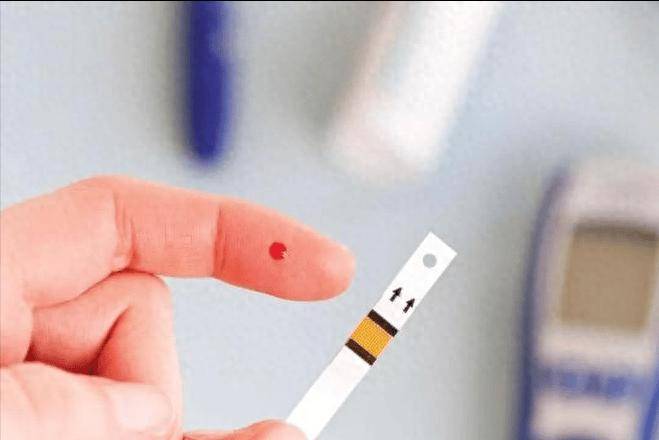Before reading this article, we sincerely invite you to click “Follow,” which will facilitate your discussions and sharing, and also provide you with more professional health knowledge to safeguard your health. Thank you for your support.
How can one manage their blood sugar well? Many people may believe this is an unanswerable question, especially for those diagnosed with diabetes.
To help everyone better understand and add some fun, I will illustrate with a real clinical case.
Little Xin is an ordinary office worker who lives in constant fear of blood sugar levels. He is particularly careful about his eating and drinking all day long, fearing that a careless mistake will cause his blood sugar to spike.
However, recently he read an article stating that if blood sugar is controlled within a certain range, dietary restrictions can be appropriately relaxed.
That day, Little Xin accompanied his parents for a routine check-up, and while waiting, he remembered the article he had read about blood sugar, so he decided to take the opportunity to ask the doctor.
He found Dr. Li, the experienced and amiable endocrinologist responsible for his parents’ treatment.
“Dr. Li, I read an article that said if diabetes patients manage their blood sugar well, occasionally having some sweets isn’t really harmful to the body. Is that true?” Little Xin asked.
Dr. Li smiled and pointed to a chair in the office, “Come, Little Xin, have a seat, and I’ll explain it to you in detail.” After Little Xin sat down, Dr. Li began his explanation.
“Actually, there is a misunderstanding about blood sugar. Many diabetes patients think they must strictly restrict their diet, even staying away from sugary foods.
But in reality, if your blood sugar is controlled within the recommended range, occasionally eating some sweets not only benefits your mental health, but can also positively affect the regulation of blood sugar fluctuations,” explained Dr. Li.
He then gave an example: “Research has shown that moderate carbohydrate intake is beneficial for maintaining long-term stability of blood sugar. You see, diabetes management is not just about strict prohibitions; it’s more important to learn how to make flexible adjustments within a safe range.”
Little Xin was very surprised to hear this, as it was completely different from his previous understanding. “So, doctor, my blood sugar usually ranges from 7 to 8 mmol/L. In that case, can I occasionally have some sweets?” he asked curiously.


